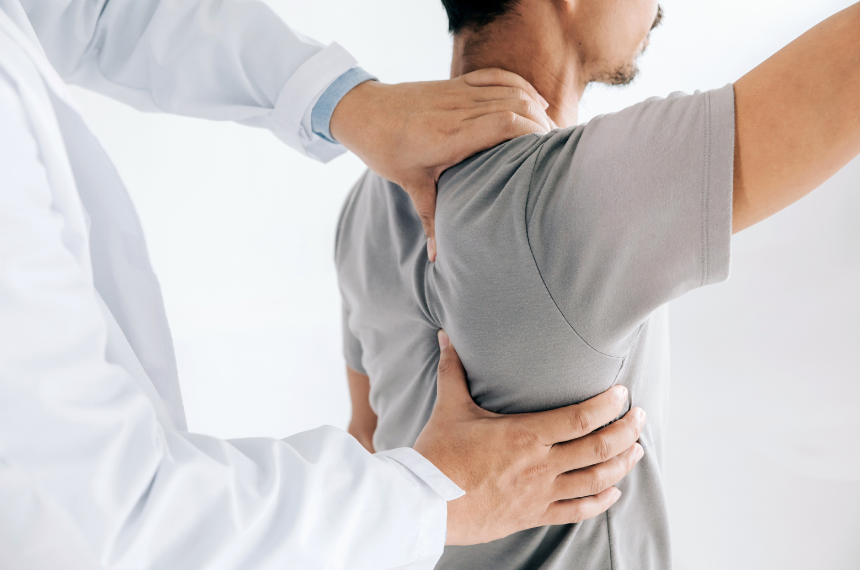A shoulder rotator cuff tear can leave you with only one working arm — and that’s no way to live your life. At Urgent Orthopaedic Care, board-certified orthopedic surgeon Vlad Gendelman, MD, QME, AME, FAAOS, treats rotator cuff tears using the most up-to-date techniques, both surgical and nonsurgical. To reclaim use of your arm and shoulder and stop the pain, call either of the two offices in the Echo Park and North Hollywood areas of Los Angeles, California, or book your appointment using online scheduling today.
Rotator Cuff Tear Q & A
What is a rotator cuff tear?
A rotator cuff tear is an injury to the muscles and tendons that hold your shoulder joint in place. Your rotator cuff maintains stability while allowing for smooth arm lifting and rotation. A tear in the rotator cuff tissues can cause pain and difficulty moving your shoulder and arm.
Rotator cuff injuries cause up to 75% of all shoulder pain.
What are the symptoms of rotator cuff tears?
Rotator cuff tears commonly cause:
- Shoulder pain, may worsen at night
- Difficulty lifting or lowering your arm
- Difficulty rotating your arm
- Weakness when moving your arm
- Shoulder locking up or sticking when you move it
- Crepitus, a crackling sound or sensation when moving your shoulder
The symptoms of a rotator cuff injury can range from fairly mild to debilitating. The degree of the rotator cuff tear doesn’t necessarily predict the level of pain.
A partial rotator cuff tears 10%-50% of a tendon, while a full thickness tear goes all the way through the tendon. Either can cause severe symptoms.
What causes rotator cuff tears?
Rotator cuff tears most commonly occur because of age-related wear-and-tear of a tendon over time.
Overuse is another common reason for rotator cuff tears. Athletes who make repeated overhead movements, including tennis, softball, and baseball players, are prone to overuse rotator cuff tears.
In fact, anyone who routinely does overhead work, for example, carpenters and painters, has an increased risk of rotator cuff tears.
Direct trauma, like from a fall, is another cause of rotator cuff injuries, particularly among younger people.
What is the treatment plan for rotator cuff tears?
At Urgent Orthopaedic Care, Dr. Gendelman initially takes a conservative approach to rotator cuff tears. Nonsurgical treatment can relieve pain and restore function in most cases.
Nonsurgical options may include a shoulder sling, physical rehab, anti-inflammatory medication, steroid injections, and Multiwave Locked System (MLS®) therapy, a laser light treatment that minimizes swelling, inflammation, and pain while boosting your natural healing abilities.
Although people generally achieve excellent symptom relief with conservative care, most
rotator cuff tears don’t heal on their own. So, athletes or other active people who need 100% rotator cuff function may opt for surgical repair.
You could also benefit from rotator cuff repair surgery if you don’t get good results with conservative care.
Dr. Gendelman usually performs shoulder arthroscopy, a minimally invasive technique using small incisions, for rotator cuff tears. The benefits of this approach are minimal bleeding, less pain, and faster recovery.
If you have serious shoulder pain or difficulty moving your arm, call Urgent Orthopaedic Care or click the online booking link now.





